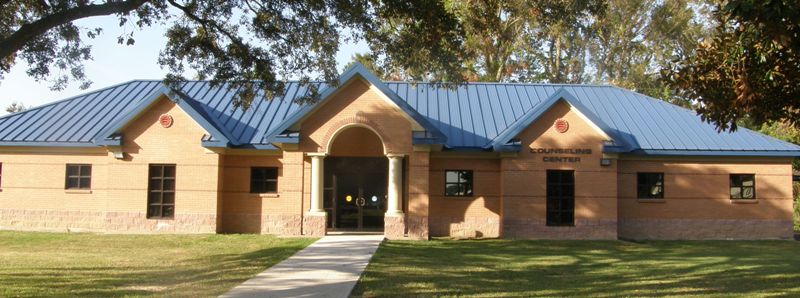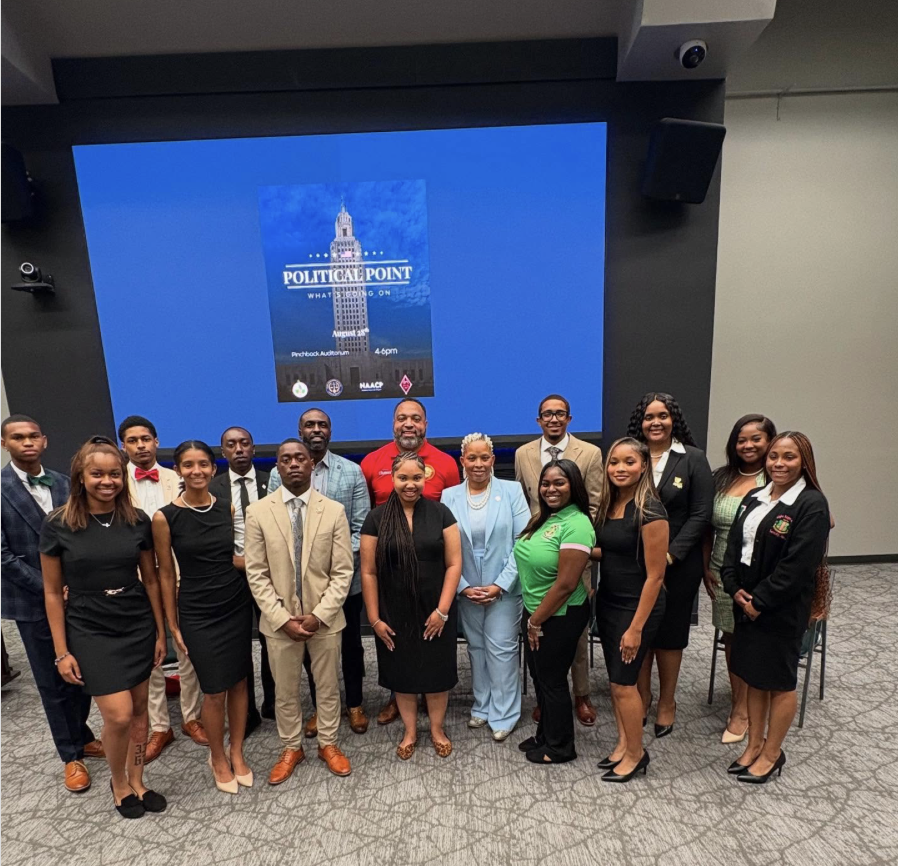LITTLE ROCK, Ark. – Wesley Clark, the retired general with a four-star military resume but no political experience, decided Tuesday to become the 10th Democratic presidential candidate, officials close to him said.
Mark Fabiani, a spokesman for Clark, did not reveal the decision, but officials close to the former Army general said he told his fledgling campaign team that he’s in the race.
The announcement will be made at noon Wednesday in Little Rock, sources said.
Clark’s decision came as Democratic strategists from around the country gathered at his small, low-slung brick headquarters on the banks of the Arkansas river to discuss strategy for mounting a late-starting presidential campaign.
Fabiani, who served as spokesman for former Vice President Al Gore’s 2000 campaign, is part of a cadre of former Gore and Bill Clinton advisers, who are now rallying behind Clark.
In addition to Fabiani, among those attending the meeting were Ron Klain, a strategist in Al Gore’s 2000 campaign; Washington lawyer Bill Oldaker; Vanessa Weaver, a Clinton appointee; Skip Rutherford, a Clinton fund-raiser who lives here; George Bruno, a New Hampshire activist; and Peter Knight, a Washington lobbyist and longtime Gore fund-raiser. Bruce Lindsey, former White House aide and now an Arkansas lawyer, also backs Clark.
Clinton had urged Clark to enter the race, but neither he nor Gore is expected to take sides in the primary fight.
Clark’s team was exploring several venues in Little Rock for an announcement, including a park named for World War II Gen. Douglas MacArthur, a Little Rock native. This site would underscore what Clark’s advisers consider his greatest strength: his longtime military background.
Clark greeted reporters with a “good morning,” as he climbed into a two-seat sports car and left his headquarters. Some of his aides had already gathered for the meeting, including Fabiani and Rutherford. Others, including Klain and Bruno, were still making their way to the Arkansas capital.
Clark, 58, believes his four-star military service would counter Bush’s political advantage as a wartime commander in chief, friends say. The retired general has been critical of the Iraq war and Bush’s postwar efforts, positions that would put him alongside announced candidates Howard Dean, Sen. Bob Graham of Florida and Rep. Dennis Kucinich of Ohio as the most vocal anti-war candidates.
It would be a long-shot bid.
Just four months before voting begins, Clark would be competing against candidates who have had months to raise money, build organizations in key states and recruit the party’s top political talent.
But the strategists assembled in Little Rock on Tuesday are among the party’s best. An Internet-fueled draft-Clark movement has developed the seeds of a campaign organization and more than $1 million in pledges.
Clark’s resume is formidable – Rhodes scholar, first in his 1966 class at West Point, White House fellow, head of the U.S. Southern Command and NATO commander during the 1999 campaign in Kosovo.
Clark’s local office said no announcement was planned for Monday or Tuesday but it was noncommittal about the rest of the week as supporters anxiously awaited his decision.
Associated Press Writer James Jefferson contributed to this report.





